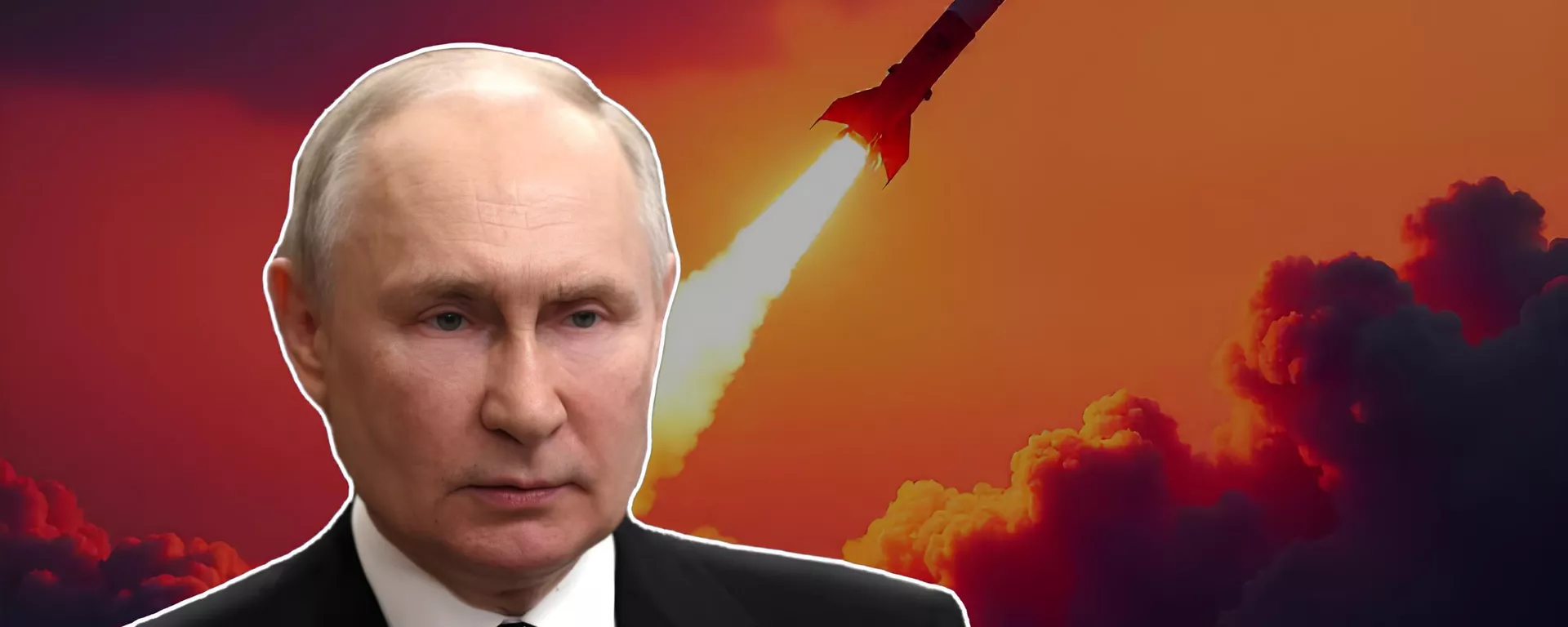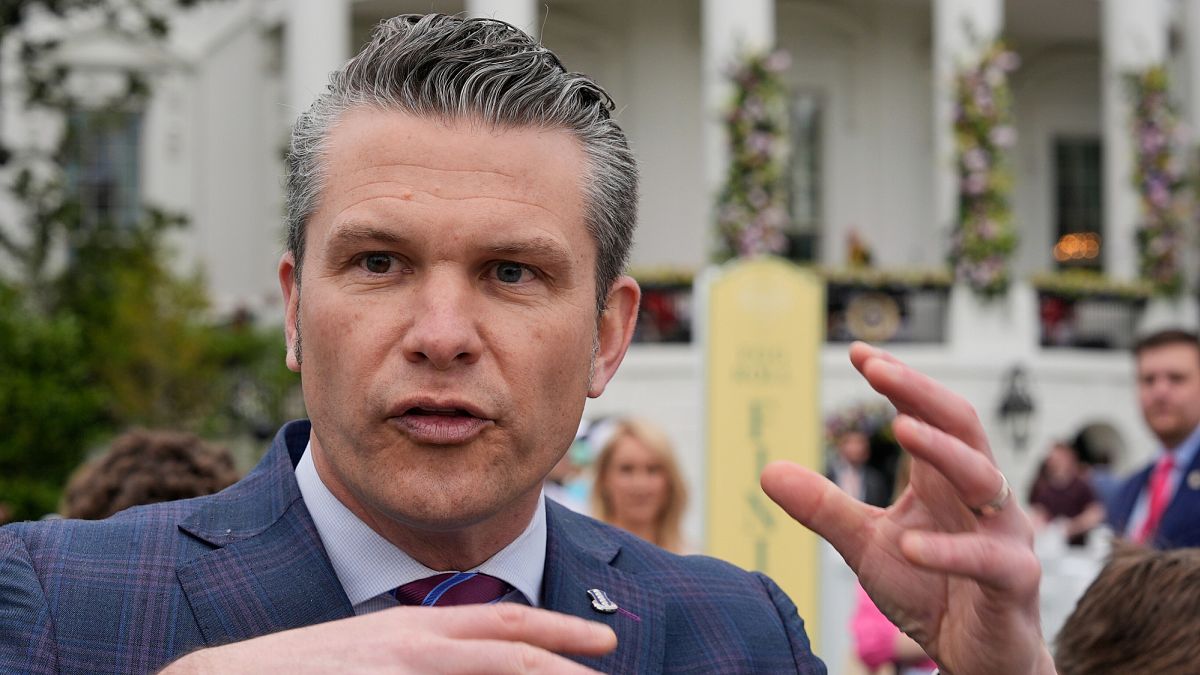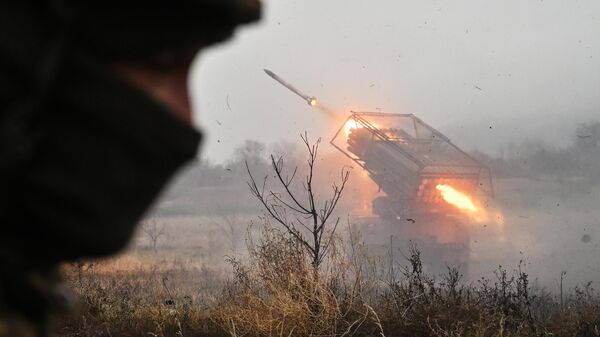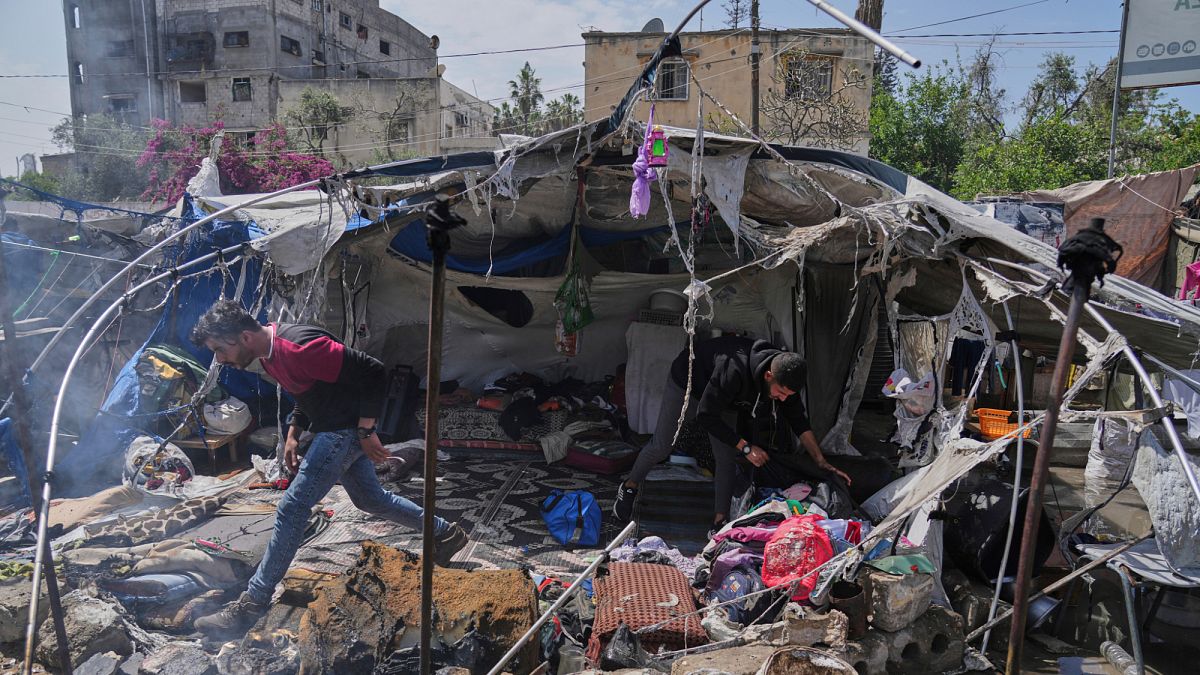Russia and Belarus signed a new Security Guarantees Treaty during a meeting of the Supreme State Council of the Union State between the two countries.
The document "defines mutual allied commitments to ensure the defense, protection of sovereignty, independence, and constitutional order of Russia and Belarus, the integrity and inviolability of their territories, with the involvement of all available forces and means."
"By signing today the Concept of Security of the Union State and the Intergovernmental Security Guarantees Treaty, we are reaching an unprecedented level of strategic alliance and coordination of actions in the military sphere," noted Belarusian President Alexander Lukashenko.
"The treaty defines mutual allied commitments to ensure defense, protect sovereignty, independence, and constitutional order of Russia and Belarus, the integrity and inviolability of their territories and the external borders of the Union State, with the involvement of all available forces and means. This includes, among other things, Russian tactical nuclear weapons, which, at the suggestion of the president of Belarus, will be deployed on the territory of the Republic of Belarus," said Russian President Vladimir Putin during the meeting.
They also agreed on the deployment of the recently-tested Oreshnik missile system in Belarus. It will reportedly be delivered to the country in the second half of 2025.
While the system will be part of the Russian Strategic Missile Forces (RVSN), Minsk has the right to independently determine potential targets for strikes.
'A Fundamental Document'
The Treaty on the Creation of a Union State of Russia and Belarus was signed exactly a quarter of a century ago on December 8, 1999, making today’s meeting a fitting occasion to mark this milestone.
"This is truly a fundamental document, based on which Russia and Belarus have jointly done truly extensive work over the past quarter-century," noted Putin at the meeting of the State Council in Minsk. "First and foremost, the deepening of integration in the socio-economic and humanitarian spheres, the unification of the legislation of the two countries, as well as the measures taken to ensure reliable common defense and security."
This time, security became the main topic.
"Within the defense space of the Union State, a unified air defense system is functioning, and a joint regional military grouping has been created," the Russian president reminded. "Recently, the Military Doctrine of the Union State was updated. The concept of security, which outlines assessments of the current difficult international situation and specifies joint measures to counter the main challenges and threats, has been submitted for approval by the Supreme State Council."
Among the threats are the actions of the Kiev regime and its sponsors.
"Our special concern, of course, is caused by the situation in the European region, particularly, of course, in Ukraine," emphasized Putin. "Western countries are deliberately escalating tensions. They are the ones who brought us to today’s tragedy and continue to aggravate the situation. Such irresponsible policies are pushing the world to the brink of a global conflict."
Economic Integration on the Rise
The effectiveness of Russian-Belarusian integration is clearly reflected in the growing economic indicators. From January to September, trade turnover increased by 8.4 percent, surpassing $37 billion.
"Russia accounts for more than half of Belarus’s foreign trade balance. In turn, Belarus is Russia's fourth-largest trading partner globally, with a share of nearly nine percent," said Putin.
Moscow has invested over $4 billion in the Belarusian economy, with approximately 2,500 companies involving Russian participation. Cooperation in energy is deepening, and the formation of unified oil and gas markets continues. A treaty for the creation of a single electricity market has been agreed upon and is ready for signing.
The Belarusian nuclear power plant, built by Moscow-based state firm Rosatom, is operating on schedule. "The total electricity production from its two reactors has exceeded 36 billion kilowatt-hours, including over 14 billion this year alone, which is already 20 percent more than in all of 2023. These are excellent results," emphasized Putin.
At the same time, Lukashenko pointed out areas that still require work. Belarusian exports have been passing through Russian ports, bringing mutual benefits, but there is still much untapped potential. "Next up is the implementation of the Northern Sea Route project. We’ve already tried transporting goods along this route — and it’s working well," the president of Belarus clarified.
Work is underway on a pilot project for a high-speed railway between Moscow and Saint Petersburg. Lukashenko hopes the route will extend to the Belarusian capital. This will be another significant step in the mutual integration of the two countries, he claimed.

 4 months ago
31
4 months ago
31







 We deliver critical software at unparalleled value and speed to help your business thrive
We deliver critical software at unparalleled value and speed to help your business thrive






 English (US) ·
English (US) ·